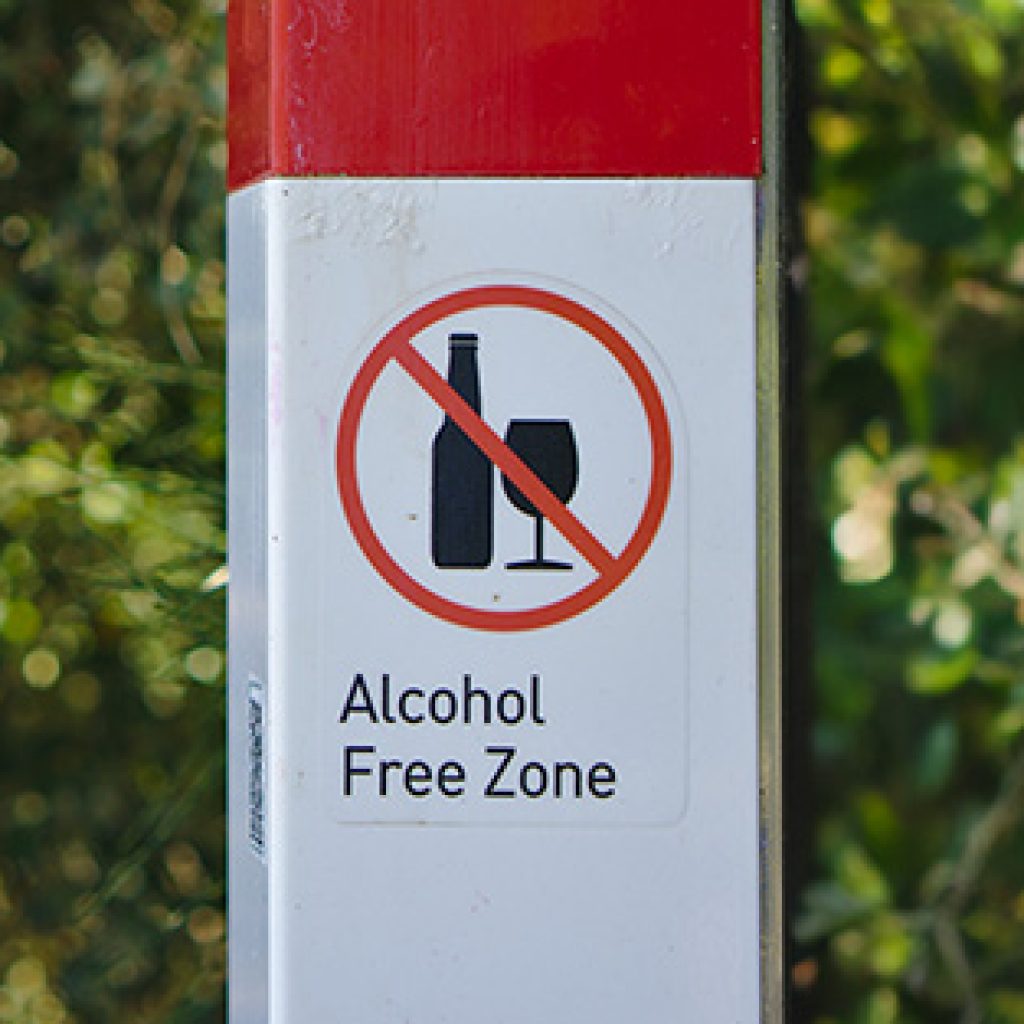Sexual Assault Awareness Month #SAAM
Sexual Assault Awareness Month #SAAM
Sexual Assault Awareness Month (SAAM) was developed to help raise awareness of and prevent sexual assault and each year the campaign finds new ways to advocate, increase awareness and provide resources to help prevent sexual assault.
Historical Background of SAAM
The movement behind the development of SAAM in the United States goes back to the 1940s and 1950s, a time when activists worked for change in many arenas, such as civil rights and equal rights. Efforts included the first rape crisis center in 1971 in San Francisco and the first Take Back the Night event in 1978. The Violence Against Women Act (VAWA) of 1993 was a pivot point in consolidating efforts of many and during the first month of April 2001 a week-long Sexual Assault Awareness Week was held. The National Sexual Violence Resource Center (NSVRC) and the Resource Sharing Project asked organization to state the color, symbol, and month they preferred for sexual assault awareness activities and SAAM was established, with a teal ribbon as the symbol for sexual assault awareness. The NSVRC coordinates the national SAAM campaign and asks for feedback which they use to create the theme, design elements and resources (History of Sexual Assault Awareness Month). For statistics and studies about sexual assault, harassment, abuse, and intimate partner violence, the NSVRC Statistics web page shares information from government entities and reputable researchers and institutions across the U.S.
Resources and Support for SAAM
This year’s theme is “I Ask” with many free resources focused on the importance of consent, developing healthy relationships, and how to practice consent both online and face-to-face. Resources are available in English and Spanish and just a few examples of the materials available on the NSVRC website for download are:
Your Consent Guide – a guide which defines consent and what to consider before, during, and after asking for consent.
Sexual Assault Awareness Month 2020 Poster – a downloadable poster is available in 11 x 17 and 8.5 x 11 sizes.
I Ask for Digital Consent – a digital consent palm card and handout that stresses the importance of consent when interacting online.
I Ask How to Teach Consent Early – a palm card and handout for parents who want to model consent and teach the concept early for children in late childhood and early adolescence.
Event Planning Guide 2020 – a guide for planning a SAAM Campaign.
Learning Opportunities
CASAT Learning offers a variety of continuing education opportunities for behavioral health professionals that have been approved for Domestic Violence CEUs by the Nevada Division of Public And Behavioral Health Bureau of Health Care Quality and Compliance.
Additional Webinars and Trainings
Intersection of Domestic Violence or Intimate Partner Violence and Addiction – This presentation from the National Hispanic and Latino ATTC defines domestic violence (DV) and intimate partner violence (IPV) and provide statistics on the prevalence of DV in the United States.
Preventing Teen Dating Violence Among Latino Youth – This presentation from the National Hispanic and Latino ATTC will provide a clear understanding between a healthy dating relationship and an unhealthy dating relationship.
Nevada Resources
Nevada Coalition to End Domestic and Sexual Violence – NCEDSV is not an emergency shelter or a crisis hotline, but provides Advocacy, Education, and Support for Domestic Violence and Sexual Violence and a list of programs offering help and support in Nevada.
Crisis Support Services of Northern Nevada/Sexual Assault Support Services – sexual assault advocates offer free, confidential support to survivors of sexual assault throughout Northern Nevada and Eastern California communities.
Safe Embrace – Safe Embrace is a 501(c)(3) nonprofit corporation dedicated to educating our community and providing services to survivors of domestic and sexual violence. For over 17 years, we have been committed to ending the cycle of intimate partner violence with innovative intervention and prevention services in Reno, Nevada.
National Resources
National Sexual Violence Resource Center (NSVRC) – The National Sexual Violence Resource Center (NSVRC) is the leading nonprofit in providing information and tools to prevent and respond to sexual violence.
RAINN – RAINN (Rape, Abuse & Incest National Network) is the nation’s largest anti-sexual violence organization.
End Rape on Campus – End Rape on Campus (EROC) works to end campus sexual violence through direct support for survivors and their communities; prevention through education; and policy reform at the campus, local, state, and federal levels.
It’s On Us – The mission of It’s On Us is to combat college sexual assault by engaging young men and changing campus culture.
No More – NO MORE is dedicated to ending domestic violence and sexual assault by increasing awareness, inspiring action and fueling culture change.
Futures Without Violence Information on COVID-19 for Survivors, Communities, and DV/SA Programs – Resources and tools for more vulnerable members of our communities and care providers, who are working tirelessly to respond in ways that are safe and supportive for all.
Read additional CASAT OnDemand blog posts about Sexual Assault Awareness and Trauma and take a deep dive into the topic in the CASAT OnDemand Learning Lab on Sexual Violence, containing articles, books, research, manuals, guides and links to additional websites, trainings, and tools.
What have we missed? Are there resources that should be included here? Share your favorites in the comment section below.
Blog Post Tags:
Related Blog Posts
Related Learning Labs
Related Resources
.
- Buscar Tratamiento de Calidad para Trastornos de uso de Sustancia (Finding Quality Treatment for Substance Use Disorders Spanish Version)
- Finding Quality Treatment for Substance Use Disorders
- Focus On Prevention: Strategies and Programs to Prevent Substance Use
- Monthly Variation in Substance Use Initiation Among Full-Time College Students
- The National Survey on Drug Use and Health (NSDUH) Report: Monthly Variation in Substance Use Initiation Among Adolescents








